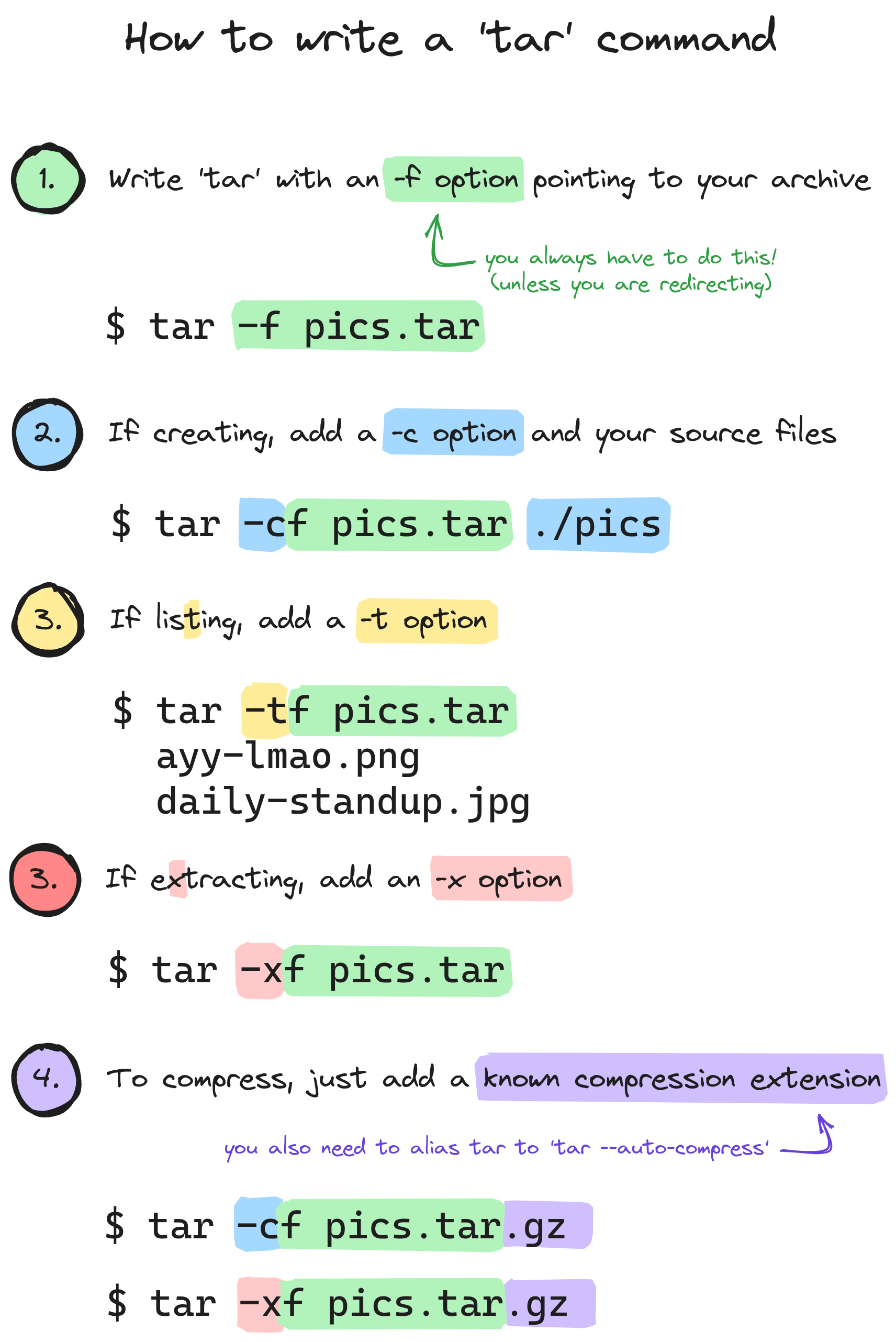this post was submitted on 18 Sep 2023
843 points (98.1% liked)
Linux
54027 readers
1770 users here now
From Wikipedia, the free encyclopedia
Linux is a family of open source Unix-like operating systems based on the Linux kernel, an operating system kernel first released on September 17, 1991 by Linus Torvalds. Linux is typically packaged in a Linux distribution (or distro for short).
Distributions include the Linux kernel and supporting system software and libraries, many of which are provided by the GNU Project. Many Linux distributions use the word "Linux" in their name, but the Free Software Foundation uses the name GNU/Linux to emphasize the importance of GNU software, causing some controversy.
Rules
- Posts must be relevant to operating systems running the Linux kernel. GNU/Linux or otherwise.
- No misinformation
- No NSFW content
- No hate speech, bigotry, etc
Related Communities
Community icon by Alpár-Etele Méder, licensed under CC BY 3.0
founded 6 years ago
MODERATORS
you are viewing a single comment's thread
view the rest of the comments
view the rest of the comments

You do you. Compression is waste of time; storage is cheap in that you can get more, but time? Time, you never get back.
Yes, and I'd rather not have my time wasted by waiting on thousands of small files transfer, rather than just compressing it and the time spent of one file transferring being much smaller.
Tar achieves the same effect without time to compress and decompress.
as in time wasted transferring a highly compressible file that you didn't bother compressing first?
it's only a waste of time when the file format is already compressed.
Unless you measure your baud in dial up modem, it often can take longer to compress / transport / uncompress than just transfer directly.
unless you're picking a slow compressor that's not true at all
Add a zero to your link speed - 10Gbs